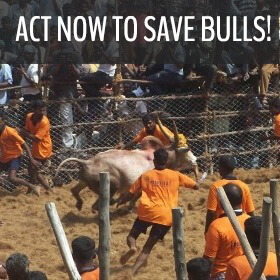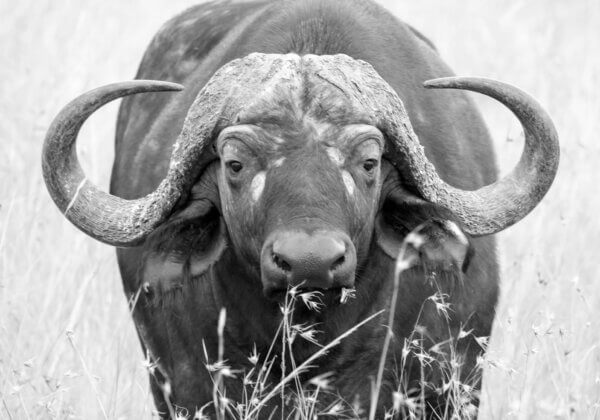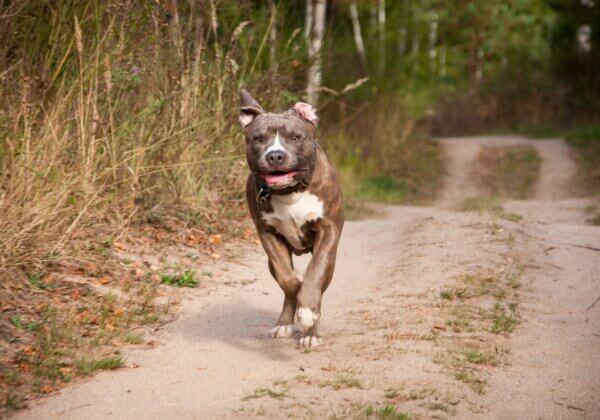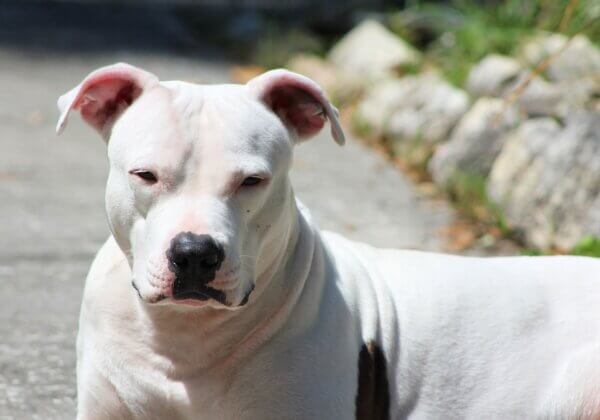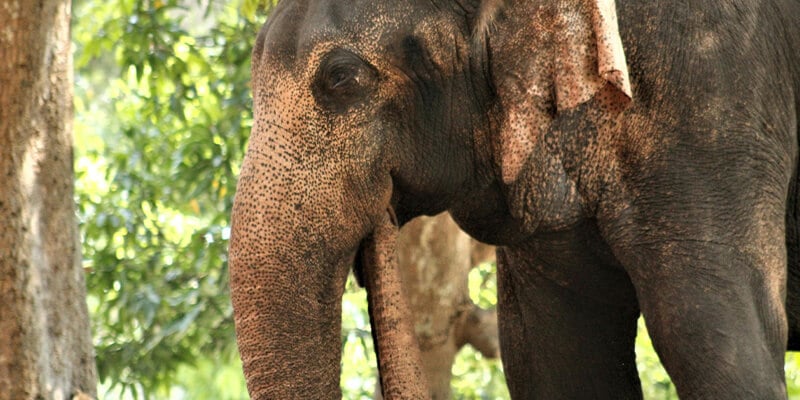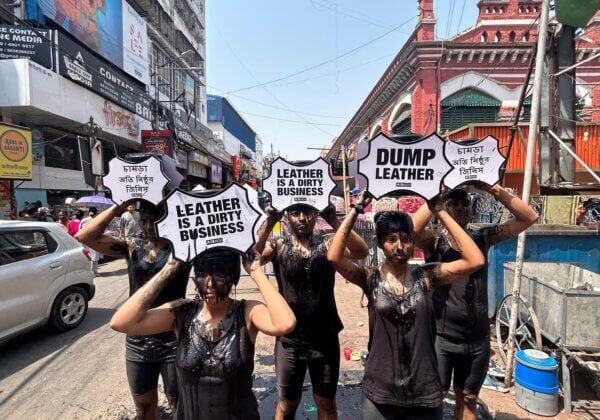Animal Welfare Board, PETA, Others Petition Supreme Court on Jallikattu, Bull Races
Today, the government advisory body the Animal Welfare Board of India (AWBI) – supported by PETA India, the Federation of Indian Animal Protection Organisations (FIAPO) and Compassion Unlimited Plus Action (CUPA) – brought a battery of urgent petitions before the Chief Justice’s bench of the Honourable Supreme Court of India.
In addition, individuals (including Sowmya Reddy, Radha Rajan and Gauri Maulekhi) also filed petitions. All petitions call for the Ministry of Environment, Forest and Climate Change (MoEFCC) notification of 7 January 2016 via The Gazette of India permitting the use of bulls in events such as jallikattu in Tamil Nadu and bullock cart races elsewhere in the country to be struck down. Urgent listing of these petitions was sought and has been allowed for tomorrow.
The MoEFCC’s 7 January 2016 notification permitting events such as jallikattu and bull races came despite a Supreme Court judgement that categorically held that the Ministry cannot allow jallikattu, bull races or bullfights and cannot modify the notification dated 11 July 2011 (which banned forcing bulls to perform) without consulting with the AWBI. In December 2015, the AWBI advised the Ministry not to go against the Supreme Court judgement. The court also ruled that cruelty is inherent in these events, as bulls are not anatomically suited for such activities. Making them participate subjects them to unnecessary pain and suffering, so such events were outlawed. The court also stated that when culture and tradition are at variance with the law enacted by Parliament, the law would take precedence. The 7 January 2016 notification flies in the face of this ruling.
SN Variava, a former judge of the Supreme Court, opined regarding the 7 January 2016 notification that “the Supreme Court has held that bulls are not performing animals. Nevertheless, the 2016 Notification incorrectly proceeds on the basis that bulls are performing animals”. He further adds, “MoEF is not authorized by the provisions of Section 22 of the Act to impose any conditions as has been done under the 2016 Notification. Once it is held/notified under Section 22 of the Act that an animal cannot be exhibited or trained as a performing animal, there is no question of permitting such an exhibition or training subject to any conditions”.
When jallikattu was permitted in the past under regulations, PETA India documented in AWBI-authorised inspections that during events, terrified bulls were often deliberately disoriented by being given substances such as alcohol; having their tails twisted and bitten; being stabbed and jabbed by sickles, spears, knives or sticks; and being punched, jumped on and dragged to the ground. Three bulls even died during jallikattu events in 2014. During races, bulls are often hit with nail-studded sticks and pushed beyond the point of exhaustion. In bullfights, which often occur in Goa, a round ends when one of the bulls manages to flee (or is killed).
Between 2010 and 2014, approximately 1,100 injuries to humans were reported by the media as a result of cruel and dangerous jallikattu-type events, and 17 people died, including a child. Since these figures were taken from media reports currently available online, the actual figure is likely higher, as many human injuries go unreported.
The petitioners were represented by Senior Advocates Aryama Sundaram (AWBI), Anand Grover (PETA), Siddharth Luthra (CUPA), KK Venugopal (FIAPO), Mr Venkatramani (Sowmya Reddy and Radha Rajan) and Dushyant Dave (Gauri Maulekhi, Trustee, People for Animals).
You Can Help Bulls
Urge the Centre to withdraw the notification allowing events such as jallikattu and bull races.


